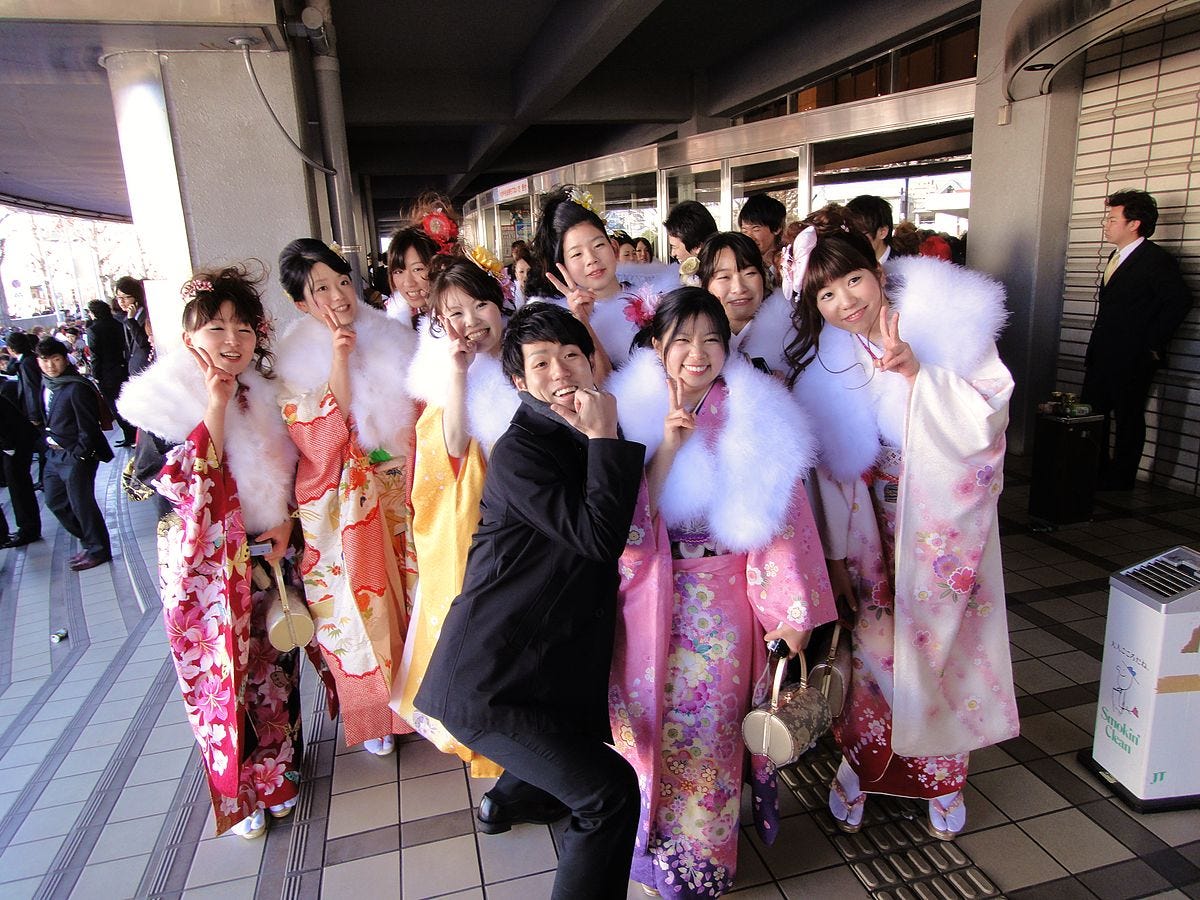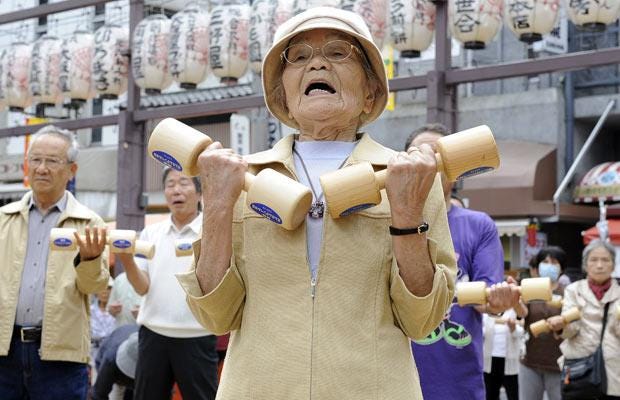Namaste Global Jigsaw,
Hope you’ve had a great week. To access the full text of this week’s post you need to be a paid subscriber, although a substantial preview is available for everyone to read.
Public holidays around the world usually have national heroes, seasonal occurrences or God to thank. They are also as good a primer to a country as any expensively produced travel guide.
For example, in Indonesia they include five Islamic holidays, three Christian ones, a Buddhist break and a Hindu day of rest. Ergo: Indonesia is a plural and complex society. In China, they focus on Chinese New Year, Labour Day and National Day - indicating a Communist party at the helm of a nationalist project that emphasizes unique “Chinese characteristics.”
For the non-nationalist, or non-spiritually inclined, public holidays can be unwelcome, equating overcrowding, noise pollution and untraceable plumbers. But even the most curmudgeonly Holiday Scrooge will find it difficult to nurture their vacation misanthropy in Japan, home to a gloriously motley collection of days off to celebrate mountains, old people, oceans, children and young adults, amongst other more usual suspects like the constitution and Emperor’s birthday.
January rings in the Coming-of-Age holiday (seijin no hi), celebrated on the second Monday of the month. This is the equivalent of a nation-wide debutante’s ball, with 20 year olds across the country feted for having reached adulthood. The holiday dates to 1948, but has roots in a traditional rite of passage called genpaku. Historically genpaku ceremonies involved boys proving equal to a physically demanding task like shouldering a heavy bag of rice, while girls had to demonstrate adequate domestic skills like sewing.
Celebrating seijin no hi. Credit: Wiki Commons
The genpaku ritual was usually held when a child reached puberty. Today, adulthood in Japan has an official number: 20. Japanese youth can only apply for a credit card or a phone contract on reaching the age of twenty. This is also the age at which they can legally smoke and drink. And if the crowds at the after parties of the Coming of Age day celebrations are anything to go by, smoking and drinking is high on their agenda.
It’s customary on seijin no hi for municipalities to host morning gatherings for newly turned 20 year olds, where they are subject to long-winded speeches by local dignitaries about their responsibilities as adults. Later, families visit shrines to pray for health and success.
But it’s the wild parties that follow, that have created somewhat of a moral panic amongst Japan’s staid establishment. The phrase areru seijinshiki or boisterous coming-of-age ceremony has become associated with the holiday, and ‘boisterous’ in the Japanese context is not a compliment. The drunken carousing, and brawling by multicolour-haired, reflector-tossing lotharios at some seijin no ji gatherings has more traditionally-minded Japanese who prize formality and politeness in public conduct, appalled at the prospects of Japan’s youth.
But even more appalling from the point of view of the country’s policy makers is the demographic decline highlighted by the holiday. There were an estimated 1.23 million new 20-year-olds in the last year, only half the number in 1970.
Japan’s troubling demography is underscored by another public holiday as well, Respect for the Elderly day or keiro no hi, held every September. The flip side of the archipelago’s shrinking cohort of young adults is a rapid graying. More than 25 percent of Japan’s population is 65 years or older. The country has one of the highest life expectancies in the world. In 2020, nearly one in 1,500 people in Japan was 100 years old or more.
Keiro no hi is in fact round the corner, scheduled to be celebrated on September 18 (the third Monday of the month is reserved for this special day). This is my favourite of all Japan’s public holidays, because there is something so wise and elegant in the appreciation of age in a world overly enamoured by the passions and distractions of youth. It’s like prizing tea and the music of cicadas over cheap whisky and trance.





